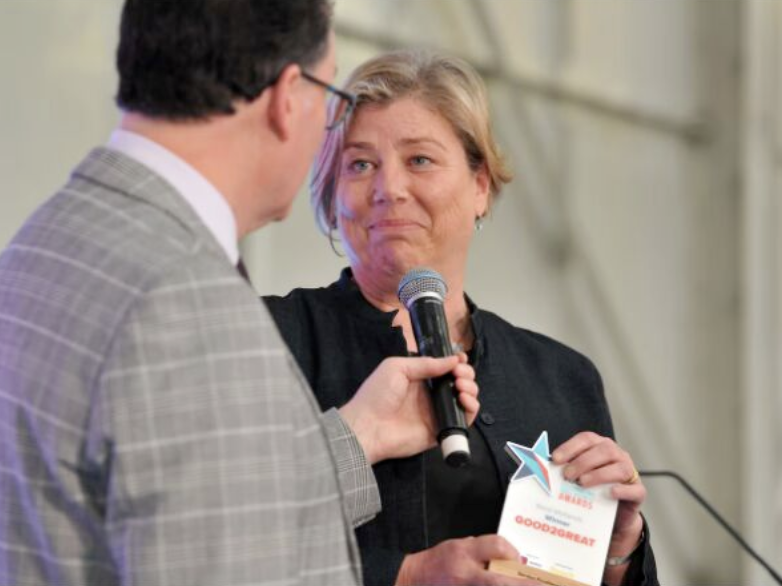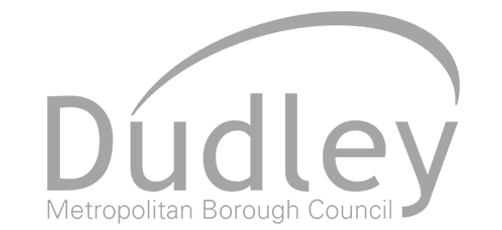Published in the Shropshire Star

High Streets across the region are set for a Business Rates reprieve as plans have been announced to extend rate relief for cafes, shops and pubs.
The move to extend a 40% rate relief scheme brought in during the pandemic was part of a number of measures to boost High Street businesses across the country announced in the Government’s Autumn Statement today (October 30), which also included a crackdown on shoplifting.
UK Chancellor Rachel Reeves also announced increases to the national minimum wage, with employers also set to pay higher rates of national insurance contributions as part of efforts of boost government coffers for improved public services.
But the move fell short of wholesale revision of business rates called for by one West Midlands high street regeneration specialist, who said increases to national insurance contributions and national minimum wage could also have a significant impact on retail businesses in the region.
Sally Themans, head of place marketing at Bridgnorth based business development firm Good2Great, says the increased costs may prevent small businesses from taking on staff.
“I think retailers feel that they’ve had an awful lot coming at them over the last 5 years with the pandemic and lock-downs, as well as the rise of online shopping that everyone got into the habit of doing during the pandemic,” she said.
“So for the ones who remained and opened up, and there are still new businesses opening up, there is still a degree of bounce back and buoyancy.
“But obviously they are small businesses, many of them don’t employ people [already] so taking the decision to employ somebody is a huge decision for them, a huge extra cost. So to make that more expensive is really going to impact them. It’s those extra staff that mean business can stay open longer thereby maximising their turnover, so I thin there’s real concern that the cost of employing people is going to affect them.
“Every government for the last 20 years I think has said they are going to look at business rates which we all know is an outdated system and we know is not always fair, particularly on the High Street,” she added.
“I think the people who are really affected are hospitality businesses, they seem to have a heftier payment, and we do still want to see our cafes, restaurants and pubs in the High Street. I know UK Hospitality has been lobbying the government about this and I’d really like to see some movement and wholesale revision of business rates.”
Ms Themans also called for further incentives for High Street retailers including extra government funding to bring vacant properties back into use to revitalise market towns and city centres across the region.
“Any legislation that would help bring listed buildings back into use, grant relief that would help councils or even communities to buy buildings would be a very creative way of helping our High Street,” she added.



















